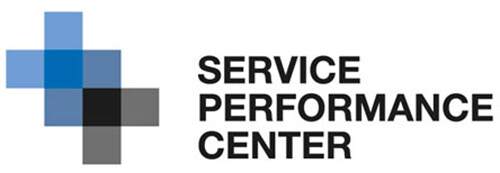13. December 2019
Digitalization of the real estate industry is progressing!
Smart services, digitally networked production facilities, Car-Sharing and e-mobility: While some of the results of digitalization are already being used very successfully in many places and are providing businesses and customers with important added value, digital change is taking effect in other areas somewhat later. For example, a 2017 study report by the “Handelsblatt” (“Zwischen Bits und Beton”) claimed that the real estate industry was “in danger of missing out on the digital upheaval” and was staying way behind neighbouring countries in comparison. Until now!
- What will the facility management market look like in the future and will the existing structure still exist by then?
- How can companies position themselves well in the market?
- What digital skills are required to achieve this?
- What new technologies are there and how should they be evaluated?
- Which services are relevant for customers?
New Center Smart Commercial Building defines era of software defined buildings
The digitalization-related changes in the real estate sector are, however, not only the subject of the mentioned study at RWTH Aachen Campus: The new “Center Smart Commercial Building” is dedicated to all innovations that are created by current and future digital innovations in the sector. After all, being an owner, project developer or investor of commercial buildings was a thing of the past. In the future, anyone who wants to continue to play a pioneering role in the construction and real estate industry must link planning, building and user data with each other and make use of data platforms. This is why the focus of the new Center is the so-called “Software Defined Building”. This term does not refer to the privately used “Smart Home” but buildings for commercial use only. The “Smart Commercial Building” is the main subject of the center, i.e. office buildings, production and commercial properties. The topics to be addressed in the new center in the coming years cover many different areas: Modern platform concepts, resource efficiency, business analytics applications and artificial intelligence of a property are just a few of the relevant subjects. On the one hand, the work of the new center is about how modern offices and commercial buildings can be designed more efficiently in the future. On the other hand, it will also focus on the question how these kind of new buildings can be embedded into already existing urban structures and which aspects the new use of connectivity and data entails (e.g. data processing and security). The goal will also be to uncover which requirements and wishes customers actually have and how these can be fulfilled in data-based services for commercial buildings. In addition, digital business models are another central point of interest for the upcoming center projects.


